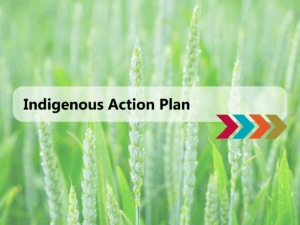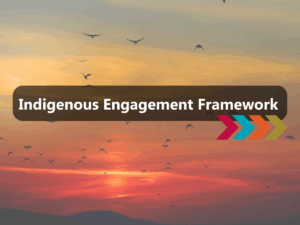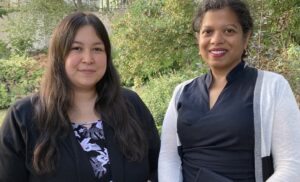Legal Aid Alberta has launched our Indigenous Action Plan (IAP) 2025-2028 — a key step toward building culturally responsive, respectful and accessible legal services for Indigenous clients and communities. The IAP outlines specific actions we will take to rebuild trust, amplify Indigenous voices, and make justice more accessible.
Reconciliation is a journey we are walking together. It signifies a shared commitment across all levels of our organization to meaningful, lasting change. Recognized by our Board of Directors, supported and championed by our frontline staff, the IAP reminds us to be mindful in every service we provide, working to ensure reconciliation is not separate from our work but woven through every aspect of it.
Guiding how we will do this work is our Indigenous Engagement Framework — the foundation of our long-term approach to meaningful engagement. Rooted in cultural respect and informed by Indigenous perspectives, the framework ensures our services are transparent, equitable and culturally informed.
Relationships are at the heart of our work. They reflect our commitment to listening, learning and working together with Indigenous communities to ensure our services are shaped by those we serve.
We Acknowledge
We respectfully acknowledge that we are situated on the ancestral and traditional territory of many peoples, presently subject to Treaties 6, 7 and 8. Namely:
- The Blackfoot Confederacy: Kainai (Guy-neye), Piikani (Bee-gun-nee), Siksika (Sig-sig-ga)
- The Cree (Cree)
- Dene (De-nay)
- Saulteaux (So-toe)
- Nakota Sioux (Na-ko-ta Soo)
- Stoney Nakoda (Sto-nee Na-ko-da)
- Tsuu T’ina Nation (Soot-tin-a)
- Métis People of Alberta
In an act of reconciliation and gratitude, we acknowledge all Indigenous, First Nations, Métis and Inuit peoples who have lived in and cared for these lands for generations.
The actions outlined in the IAP were selected for their ability to establish a solid foundation for long-term success and alignment with the guiding principles of the Framework.
Through three pillars—Quality, Access, and Accountability—we are building culturally responsive services, stronger relationships, and transparent systems of feedback. This plan is our first step in transforming trust into tangible change, ensuring Indigenous voices lead the way in shaping the future of legal aid.
These pillars align with the priorities outlined in Legal Aid Alberta’s Path Forward: Strategic Plan 2023-26. By moving in step, the Indigenous Action Plan ensures that reconciliation is embedded throughout the organization, guiding how services are delivered and strengthening relationships with communities.
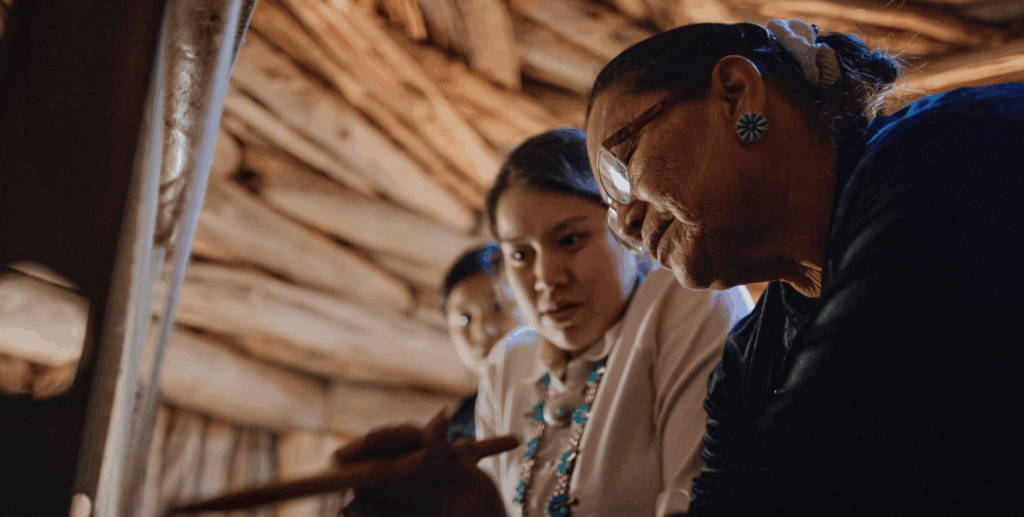
1 QUALITY
Ensure services are culturally competent, reliable and respectful.
Implement the Indigenous Engagement Framework across all departments.
Provide regular training on Indigenous Courts, Gladue principles, cultural empathy, and resources for lawyers and staff.
Partner with Indigenous Nations, starting with Siksika, to co-develop and test responsive legal approaches.
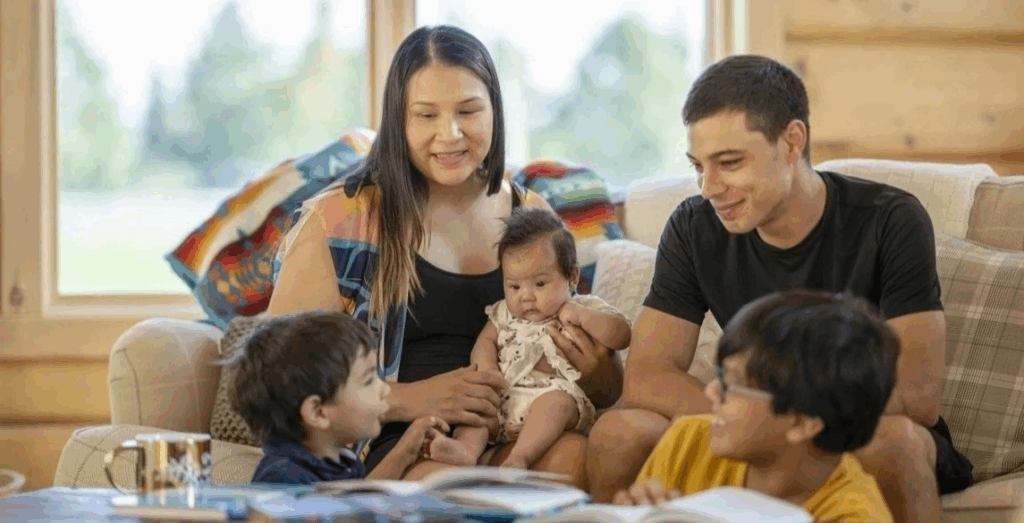
2 ACCESS
Remove barriers for Indigenous clients, especially in remote and underserved communities.
Launch new websites, social media strategies and Indigenous-focused content to connect communities with services.
Establish a Client Relationship Management (CRM) system to track engagement and feedback.
Apply the Engagement Framework consistently to pilot projects to improve reach and inclusivity.
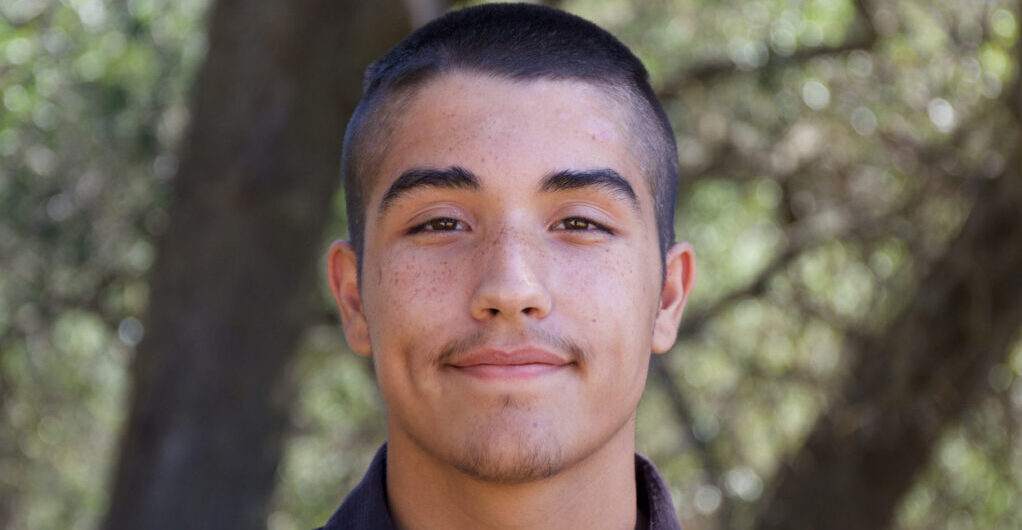
3 ACCOUNTABILITY
Build trust through transparency and follow-through.
Ensure executive attendance at Indigenous community events.
Create a data collection model to track outcomes, client feedback, and community engagement.
Develop a standardized client feedback process to improve services and inform targeted training.
These plans also ensure that LAA itself evolves — by embedding continuous self-reflection, adaptability and accountability into our core operations.
Collaborative Journey
Over the past several years, Legal Aid Alberta has engaged in meaningful dialogue with Indigenous Nations across the province. These conversations have helped shape our understanding and approach to delivering culturally responsive legal services.
The following Nations have been part of this journey:
- Alexander First Nation
- Alexis Nakota Sioux First Nation
- Bigstone Cree Nation
- Blackfoot Confederacy (Kainai, Piikani, Siksika)
- Enoch Cree Nation
- Louis Bull Tribe
- Ermineskin Cree Nation
- O’Chiese First Nation
- Stoney Nakoda Nation (Bearspaw First nation, Chiniki First nation, Goodstoney First Nation)
- Sunchild First Nation
- Tsuut’ina Nation
As we move forward under the IAP and Framework, we remain committed to deepening these relationships and building new connections with Indigenous Communities across Alberta.


